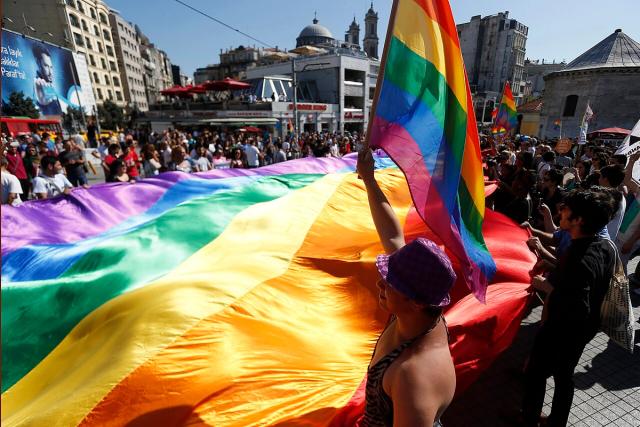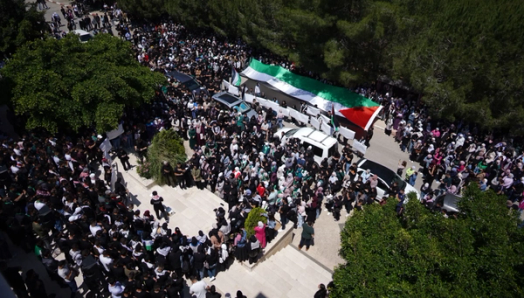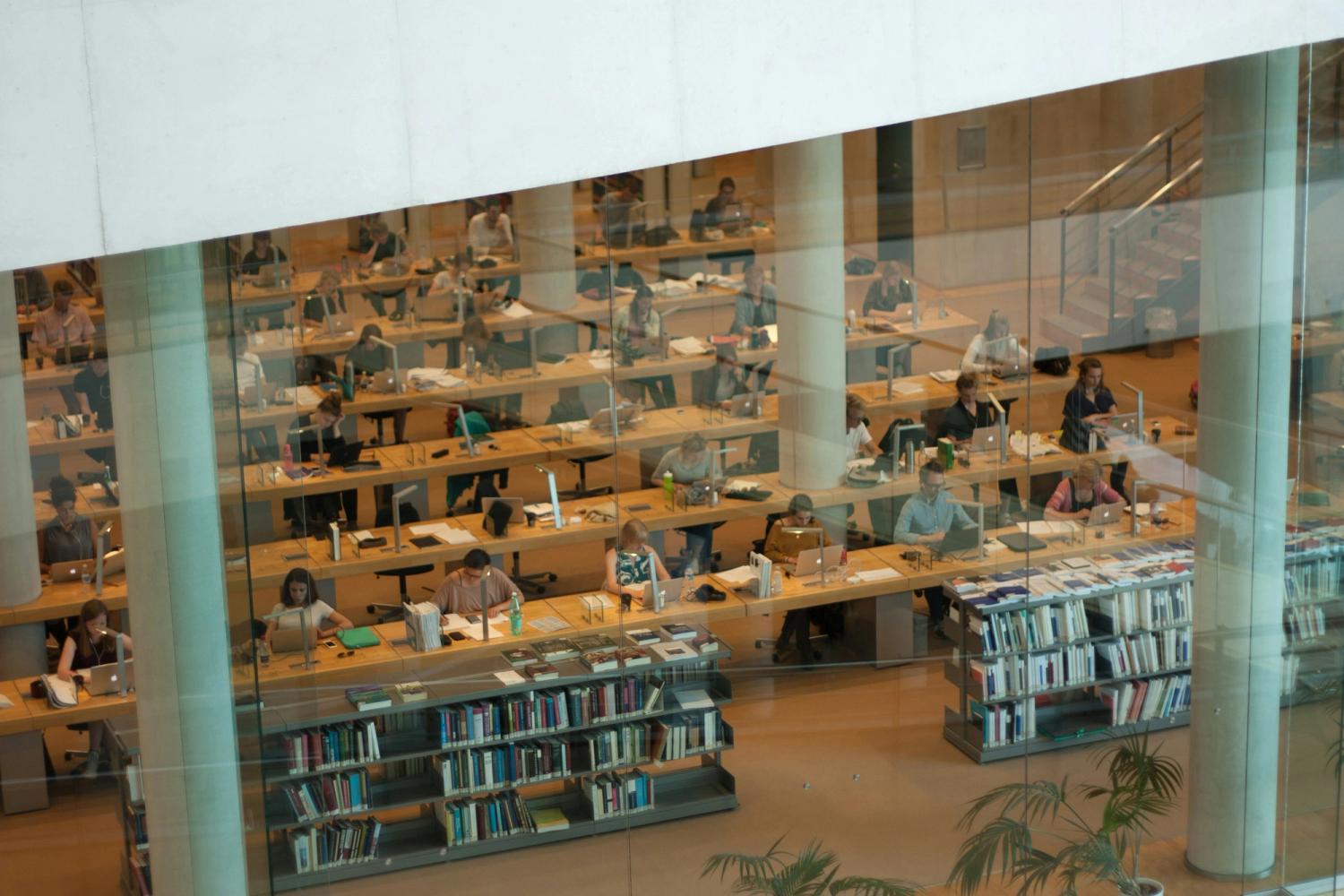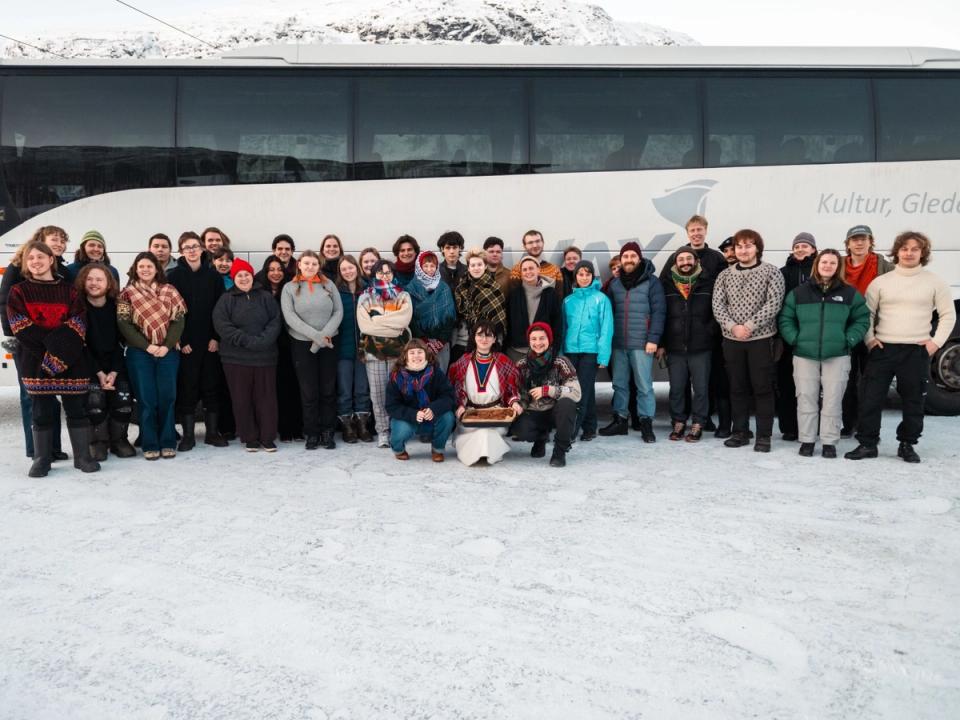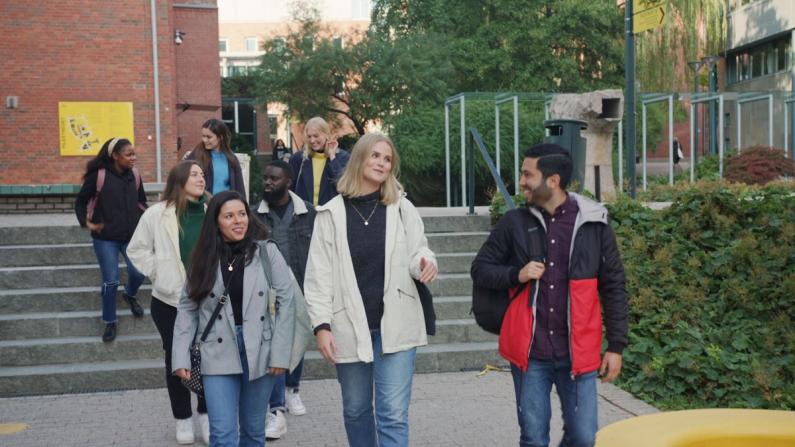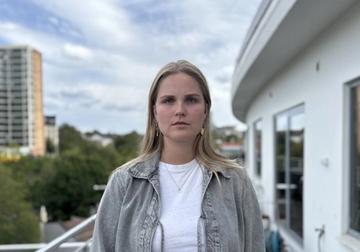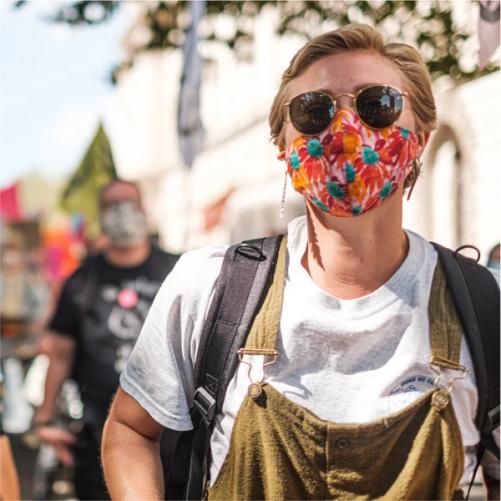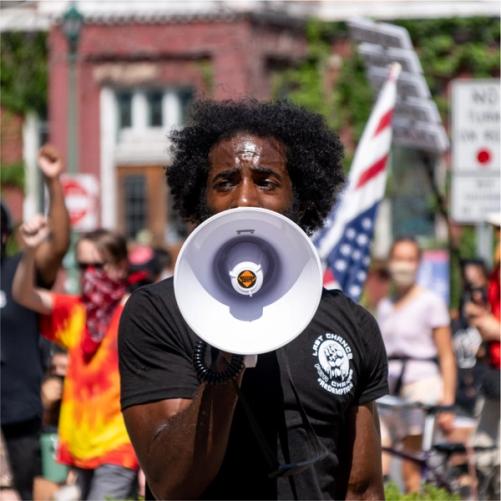Nyhet
Continuous threats against academics in Turkey
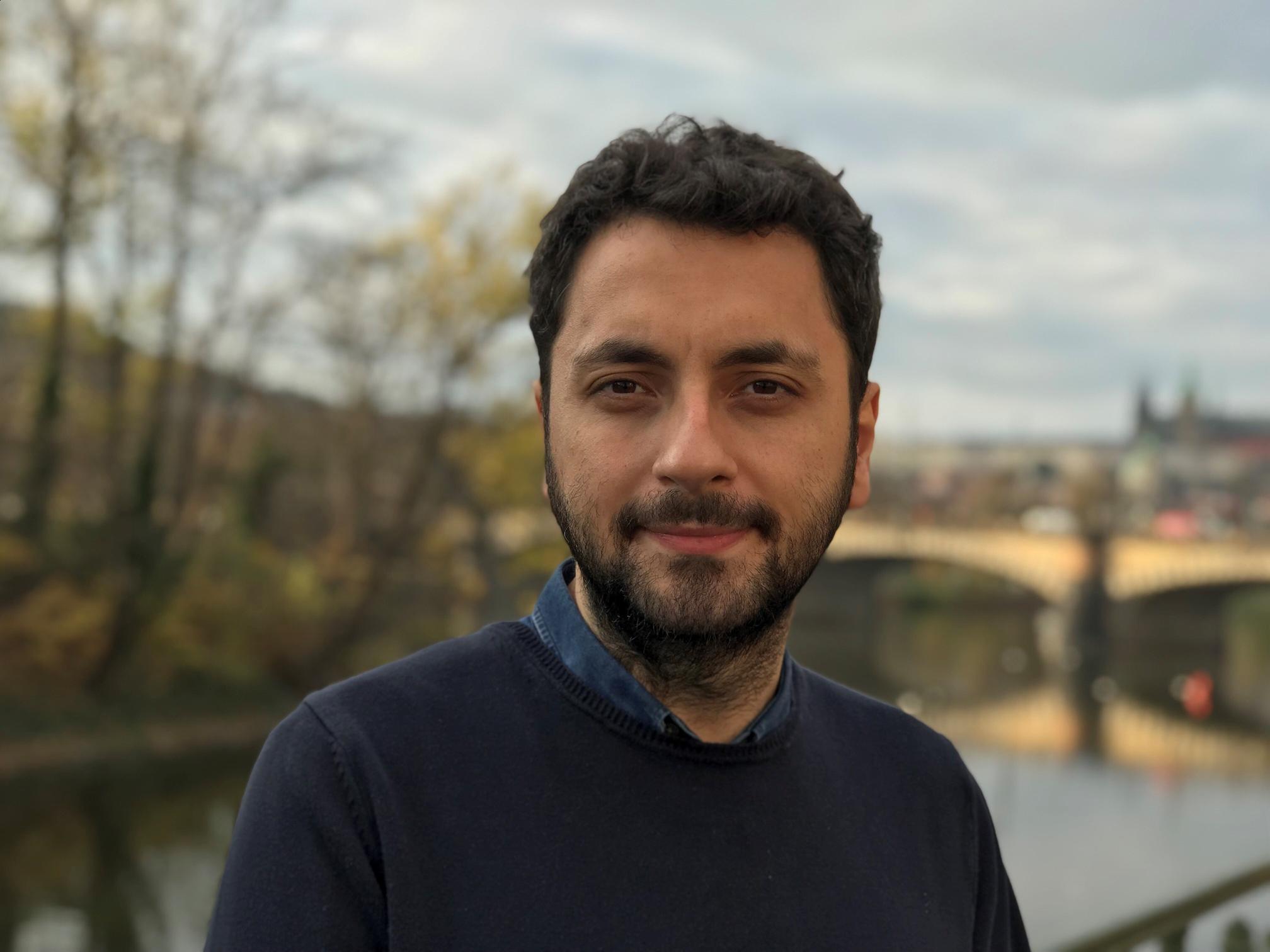
The trials against the academics who signed the petition “Academics for Peace” in Turkey were scheduled to begin in December, but have been postponed repeatedly. Since the first formal charges in Turkey, many have decided to leave.
One of the academics on trial is Sarphan Uzunoğlu, a former professor at Kadir Has University. He fled Turkey through the Scholars At Risk Network and was first in Bosnia Hercegovina before coming to Tromsø and the University of Tromsø this year. He took the time to meet the National Council of SAIH, to tell his story and about the developments in Turkey.
Using new measures for old enemies
Professor Uzunoğlu had previously worked as a political advisor to a pro-Kurdish political party, and at first saw the signing of the petition to end the violence against the civil population in the Kurdish areas as something quite innocent. Many academics have been vocal concerning the Turkish authorities handling of the conflict with the Kurdish population. Until 2015, this topic was something people could discuss quite freely and comment on in media and lectures, Uzunoğlu explains.
- The situation in Turkey changed gravely in June 2015, when president Recep Erdogan’s AKP party lost their majority in the parliament, and did a political u-turn to make up for it. This led the party to a more nationalist stance, especially in their politics on the Kurdish issue, and to a cracking down on human rights and freedom of speech, says Uzunoğlu.
The signatories to “Academics for Peace” were publicly slandered in pro-Erdogan media, and charged with issuing Kurdish terrorist propaganda. After the attempted coup d’état in July 2016, the authorities have been using the state of emergency and new post-coup laws to target old opposition, and “anyone saying anything”. The extreme surveillance makes it extremely hard to speak up against these changes.
- When you tweet at nine in the evening, you can have police on your door in five in the morning, explains Uzunoğlu.
Expanding the Precariat
The changes after 2015 led to academics such as himself entering a precarious situation, meaning they lost predictability of security, income, job and risked surveillance. This criminalisation of dissent has become widespread in Turkey, and now goes further than the more than 2000 that have signed the “Academics for peace” petition.
- As a scholar I am precarious. If I give a statement about how I feel about the situation in Turkey, I put my job at risk. Same for so many, doctors, people who protest Afrin, etc. In Turkey, each arrest has a kind of political meaning. When you are arrested, all people who are in the same situation as you, are at risk.
In earlier protests and petitions organised by academics concerning the Kurdish issue or the Armenian genocide (which is not recognized in Turkey), before the shift in 2015, only the most prominent signatories or protesters were targeted, despite very high tensions with the authorities. Now, every single signatory is charged, and even people of little prominence or position were deprived of their posts, either by their institutions or some by official decree.
Meanwhile, academics who came out against the petition were given better positions, for example those vacancies left by the purges, and grants for their foundations as rewards for their pro-government stance.
Bleak future
- In terms of academics, I see no light in the short term, says Uzunoğlu.
Uzunoğlu fears Turkey will experience great migration, with not only academics, but also other highly educated people fleeing out of fear they will be the next precarious group. In the middle term, he expects a social and economic crisis, which he believes will get ordinary Turks to change their mind about Erdogan. According to Uzunoğlu, the Turkish population, despite being prone to nationalism, ultimately cares most for the economic situation:
- Turkey’s political future depends on economic factors, there seems to be no other social tension that can change the things in Turkey and cause a different outcome for the upcoming elections.
